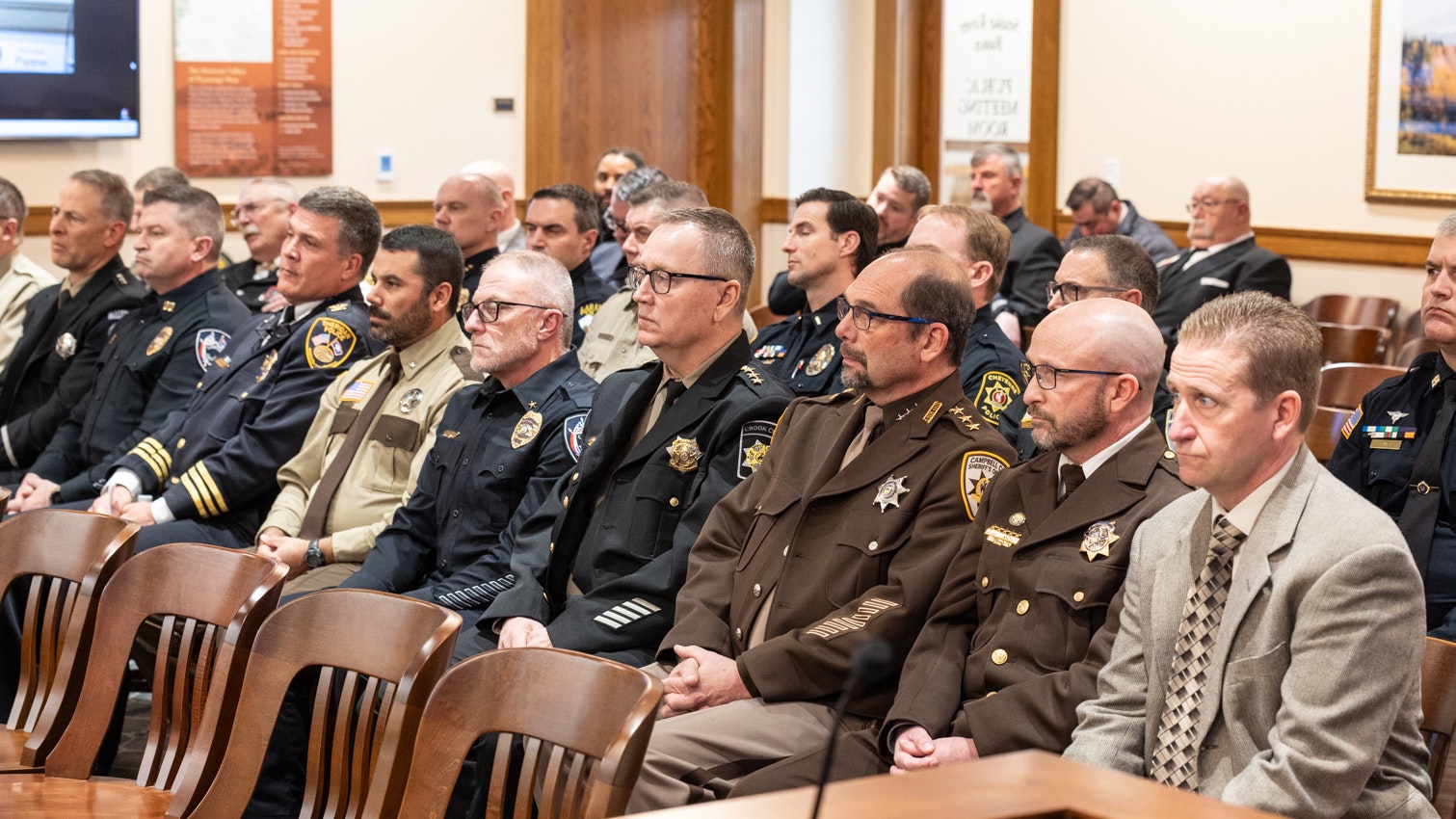Although a proposed bill to ban cellphone and smart watch use during class time in Wyoming schools may seem like common sense legislation, there’s some potential drawbacks to the bill that have at least one parent and some students saying it’s not a slam dunk.
Gillette resident Shawna Lambert’s daughter was starting to reach a very unstable mental place at the age of 13.
The teenager’s first horse had recently died and she was getting bullied in school. The size of the junior high school she was attending also was overwhelming after previously attending a much smaller elementary school.
“She was just struggling really hard, and I really truly believe that if she had not the ability to get a hold of me when she was that stressed out, I would not have her today,” Lambert said about her daughter having access to a cellphone while at school.
Cellphone Provides Relief
Lambert said the school’s front office and counselor’s office refused to allow her daughter to call her when she needed to, so she had to take matters into her own hands and get her a cellphone.
Once she did that in the eighth grade, Lambert said her daughter’s mental health greatly improved because Lambert could talk her through traumatic events and calm her down when needed.
“Then, if she was upset and needed to talk to me, she could … call me and I could get her settled down and she could go back to class,” Lambert said.
Eventually, the phone calls home became less and less frequent, Lambert said.
Lambert said she’s fine with the proposed Wyoming ban as long as it doesn’t prevent a student from being able to access their phone to call a family member in an emergency situation.
Scope Of The Ban
The ban being proposed by state Sen. Wendy Schuler, R-Evanston, is limited to instruction time in school and wouldn’t necessarily prevent students from having cellphones in their possession while on school grounds. However, a school district could invoke a higher level of restriction if it wants to, which some schools in other states have done.
The bill allows for cellphone use during emergency situations or in response to a perceived threat of danger, but doesn’t define what qualifies these events.
Lambert said this part of the bill is critical because if students are “that upset, they’re not learning anything.”
“If a call to a parent or guardian is going to settle that down so they can go back in the classroom and actually learn what they need to learn, then I think that’s what the child needs to be able to do,” she said.
Under the bill as written, a health care provider would also have to determine that the use of cellphone or smart watch is necessary to manage a student's health care.
Emergency Risks
Laramie High School student Kai Edwards, 16, has a family member who used a cellphone to document bullying at school, which is now being used as evidence in an ongoing court case.
Had phones been banned, the bullying could still be going on, or something worse may have happened because of it.
“If you can’t call out to family, it just doesn’t ever feel safe to me,” Edwards said.
Schuler told Cowboy State Daily that one of her biggest inspirations for bringing the legislation is to improve test scores and student’s focus in the classroom. Studies have shown that student performance in the classroom has improved in schools where cellphones are banned.
Edwards said about 50% of her classmates use cellphones during instruction time and some go to the bathroom just so they can openly use their phones.
She agrees that banning cellphones would improve student performance, but believes cellphones and smart watches are a necessary evil of sorts when considering the heightened risks students face in today’s modern society.
“I think it’s a gateway to lose those precautions,” she said. “If I can’t contact my mother right away, it could be dangerous.”
Edwards and fellow student Ash Mead, 16, worry that if there was an active shooter or bomb threat at her school, not having access to a cellphone could result in a serious safety risk.
“I think that as grim as it sounds, we are in a time where school shootings or other similar situations are fully possible and students who get their phones confiscated won’t be put in the position of losing contact with others and are also in a very vulnerable situation if they need help,” Mead said.
Better For Socialization?
Schuler said another motivation she had in bringing her bill is to help students socialize with each other better at school.
“Maybe if they get face-to-face contact a little more, they’ll keep their phones in their pockets longer and talk to each other more,” Schuler said.
Edwards doesn’t believe this will be the case and said the presence of social media in schools helps students socialize better and understand each other on a deeper level. She said some of her classmates most addicted to social media are also some of the best public speakers.
“It helps in forming connections with people and helps get a window into their real lives,” Edwards said. “I don’t think it damages our social interactions at all.”
Lambert disagrees and believes kids should get away from using electronics as much as possible.
“There are appropriate times to use the phone and there are times when you just need to forget you have it and do what you’re supposed to be doing,” she said.
Leo Wolfson can be reached at leo@cowboystatedaily.com.







